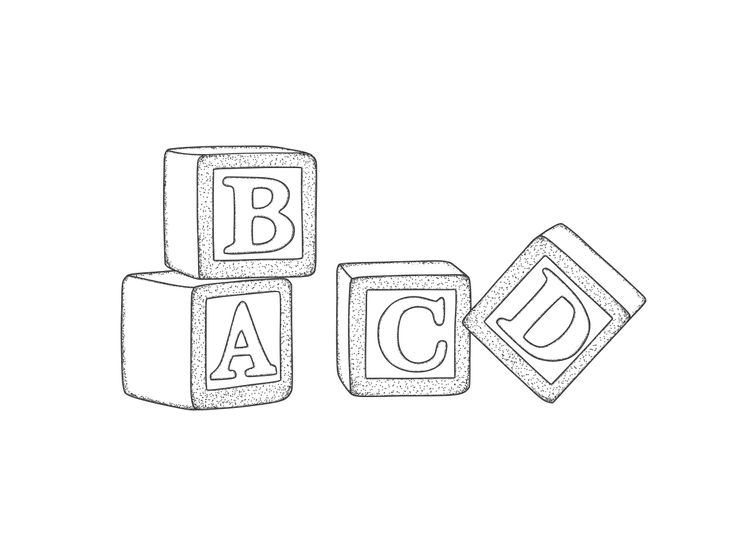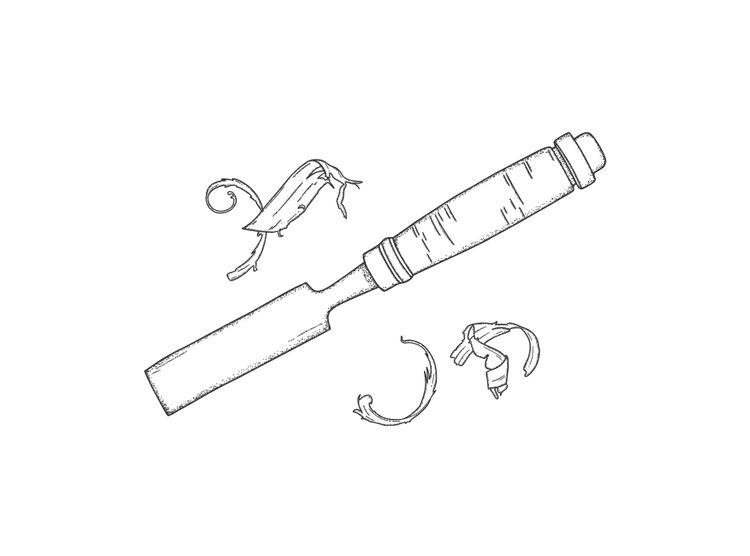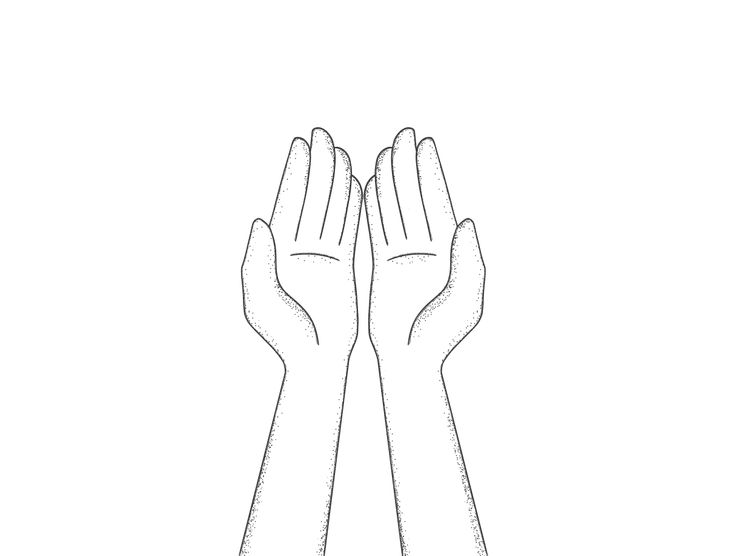Solitude

How hard it is to understand the truth about ourselves. How hard it is to see and hear ourselves when the world presses in on us—distracting, judging, expecting, demanding. We lose our sense of who we are, and where we want to go.
In solitude, we open to ourselves—to the home inside us, to its familiar furniture, to our own comfortable presence. In solitude, we find ourselves—what we long for, who and what we love, what matters most to us.
In solitude, we find sufficient quiet to hear the story of ourselves—the rhythm of our bodies, the songs we sing about ourselves, the words written in our hearts. In solitude, we find the courage to take possession of ourselves—our path, our beauty, our uniqueness, our sovereignty.
In solitude, there is time and space enough for us to give meaning to the world, which takes on the soul's imprint and shows its shape and form to us—in the cut of the mountains, the emptiness of the skies, the secret whispering of the trees. From solitude, we rejoin the world with strength and purpose, as ourselves—ancient, pristine, joyful, awestruck, reverent, wistful, enduring, loving, whole.
When I stopped drinking, I found myself alone with my sober self for several hours a day. It was not easy, at least at first. I became bored and irritable with myself. I became restless. I craved distractions—TV, food, my phone. I did not want to be with myself. Reflecting on it now, I think it was my restless mind that caused the discomfort in me. Alcohol is a depressant. It had been giving me respite.
When I quit, I had to learn how to be with myself, and be at peace. I bought a tent, and headed out camping on weekends with my dog. We camped up mountains, in canyons, and on cattle ranches together. We ate, slept and hiked, and then did it all again. I drank nothing stronger than coffee, and learned how to let the peace and beauty of our surroundings take up residence inside me, until one day the world seemed to reflect back to me my own state of being.
I have come across this quote from Virginia Woolf a few times now, and never really understood it until recently:
Behind the cotton wool is hidden a pattern; that we—I mean all human beings—are connected with this; that the whole world is a work of art; that we are parts of the work of art. Hamlet or a Beethoven quartet is the truth about this vast mass that we call the world. But there is no Shakespeare, there is no Beethoven; certainly and emphatically there is no God; we are the words; we are the music; we are the thing itself.
In a 2013 essay in the London Review of Books on modern communications technologies, Rebecca Solnit writes about the lost world before the internet as having two poles: solitude and communion.
The new chatter puts us somewhere in between, assuaging fears of being alone without risking real connection. It is a shallow between two deep zones, a safe spot between the dangers of contact with ourselves, with others.
She worries that we are losing our ability to be present to our lives.
Nearly everyone I know feels that some quality of concentration they once possessed has been destroyed. Reading books has become hard; the mind keeps wanting to shift from whatever it is paying attention to to pay attention to something else. A restlessness has seized hold of many of us, a sense that we should be doing something else, no matter what we are doing, or doing at least two things at once, or going to check some other medium. It’s an anxiety about keeping up, about not being left out or getting behind.
She wonders about the sense of loss she feels.
I think it is for a quality of time we no longer have, and that is hard to name and harder to imagine reclaiming. My time does not come in large, focused blocks, but in fragments and shards. The fault is my own, arguably, but it’s yours too – it’s the fault of everyone I know who rarely finds herself or himself with uninterrupted hours. We’re shattered. We’re breaking up.
It’s hard, now, to be with someone else wholly, uninterruptedly, and it’s hard to be truly alone. The fine art of doing nothing in particular, also known as thinking, or musing, or introspection, or simply moments of being, was part of what happened when you walked from here to there alone, or stared out the train window, or contemplated the road, but the new technologies have flooded those open spaces. Space for free thought is routinely regarded as a void, and filled up with sounds and distractions.
Each week I explore a life metaphor that has touched me in my coaching. Subscribe to get my scribblings every Sunday morning. You can also follow me on Medium, or on LinkedIn. Feel free to forward this to a friend, colleague, or loved one, or anyone you think might benefit from reading it.





